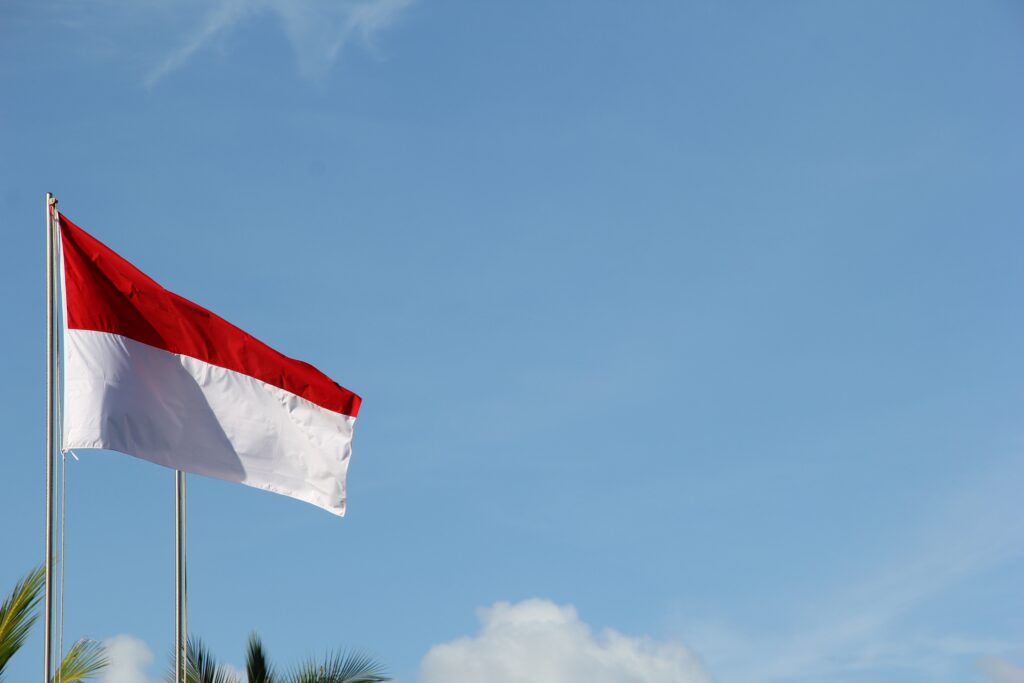
Early this week, the Indonesian government blocked a number of prominent websites from operating in the country. Included in the ban were a handful of digital game marketplaces such as Steam and the Epic Games Store. Steam has since been restored, but the Epic Games Store remains offline.
Other big name sites affected by the wave of blockages include Yahoo and PayPal. Popular games like Counter-Strike and Dota 2 were also impacted.
According to a report from Reuters, the bans stem from licensing rules in Indonesia established in 2020 that require registration and give authorities the power to request user data from platform holders. If content that “disturbs public order” is found, authorities then have the right to take it down.
A number of tech firms rushed to register in the leadup to last week’s deadline, including Facebook, WhatsApp, Instagram, and Amazon.
In late July, games industry analyst group Niko Partners, which focuses primarily on the Asian games markets, published a report examining the situation. Per the report, Indonesia’s registration requirements for tech companies operating in the country is something of a double-edged sword for the larger games industry.
“The new regulation provides an opportunity to obtain information on the number of gaming companies which operate in the country,” the report reads. “…There is a demand for more opportunities and jams for local game publishers to increase their experience. By tracking the gaming companies currently active in the country, the government can promote more game jams between local and foreign game companies or fund internship opportunities to major game studios. The registration requirement may also promote fairness in terms of tax issues in the gaming industry.”
On the other hand, the process of collecting and sharing user data is always a slippery slope, and asking platform holders to turn over that data could be a substantial violation of privacy. Further, the need for registration has the potential to slow down the creative process for many publishers and developers.
“This may hinder game development projects that are already under way and ultimately affect Indonesia’s growing games industry,” Niko’s report continues. “Global game companies could be deterred from investing and publishing games in Indonesia as the games could be banned without detailed reasons or due to fear that the companies have to compromise their users’ private data.”
According to Niko Partners, Indonesia is the largest games market in Southeast Asia; there, games are a $1 billion industry with more than 170 million players. Mobile gaming is the preferred mode of play in Indonesia, with revenues more than double the PC games market. Despite this, there are relatively few Indonesian game developers, but the sector is rapidly growing.
On the surface, the new tech regulations in Indonesia appear to be those of an overreaching government. But, all told, Niko Partners is optimistic that the rules may actually help the games sector there as long as user privacy can be respected.
“The implementation of the PSE regulation can be seen as a positive step in terms of providing new opportunities and creating fairness among all the game developers operating in Indonesia,” The report concludes. “However, the government needs to be aware that some of the regulations may cause potential harm to game developers due to a lack of clarity in some parts of the regulation.”
Sam, the Editor-in-Chief of GameDaily.biz, is a former freelance game reporter. He's been seen at IGN, PCGamesN, PCGamer, Unwinnable, and many more. When not writing about games, he is most likely taking care of his two dogs or pretending to know a lot about artisan coffee. Get in touch with Sam by emailing him at sdesatoff@rektglobal.com or follow him on Twitter.
 GameDaily.biz © 2026 | All Rights Reserved.
GameDaily.biz © 2026 | All Rights Reserved.